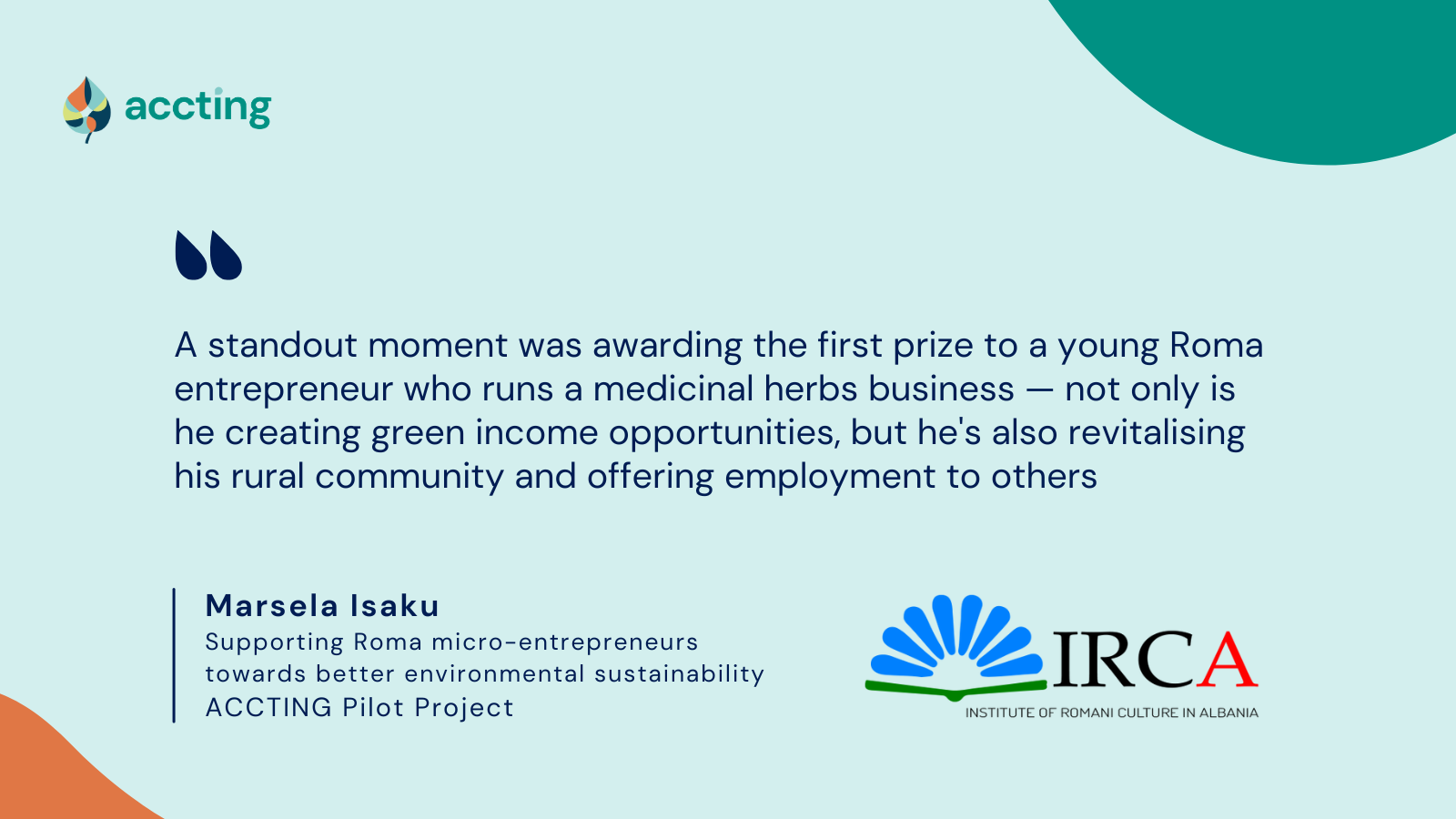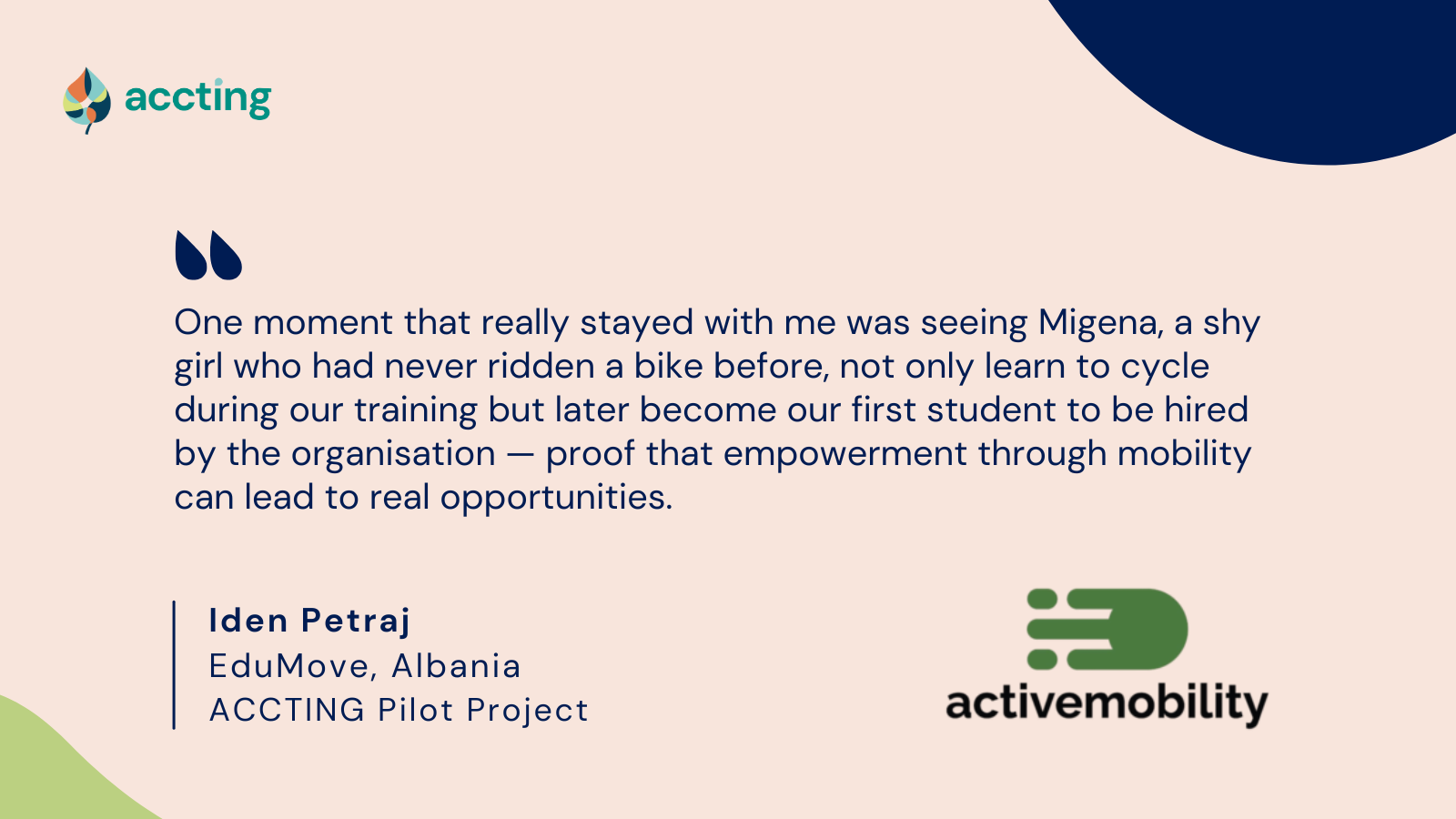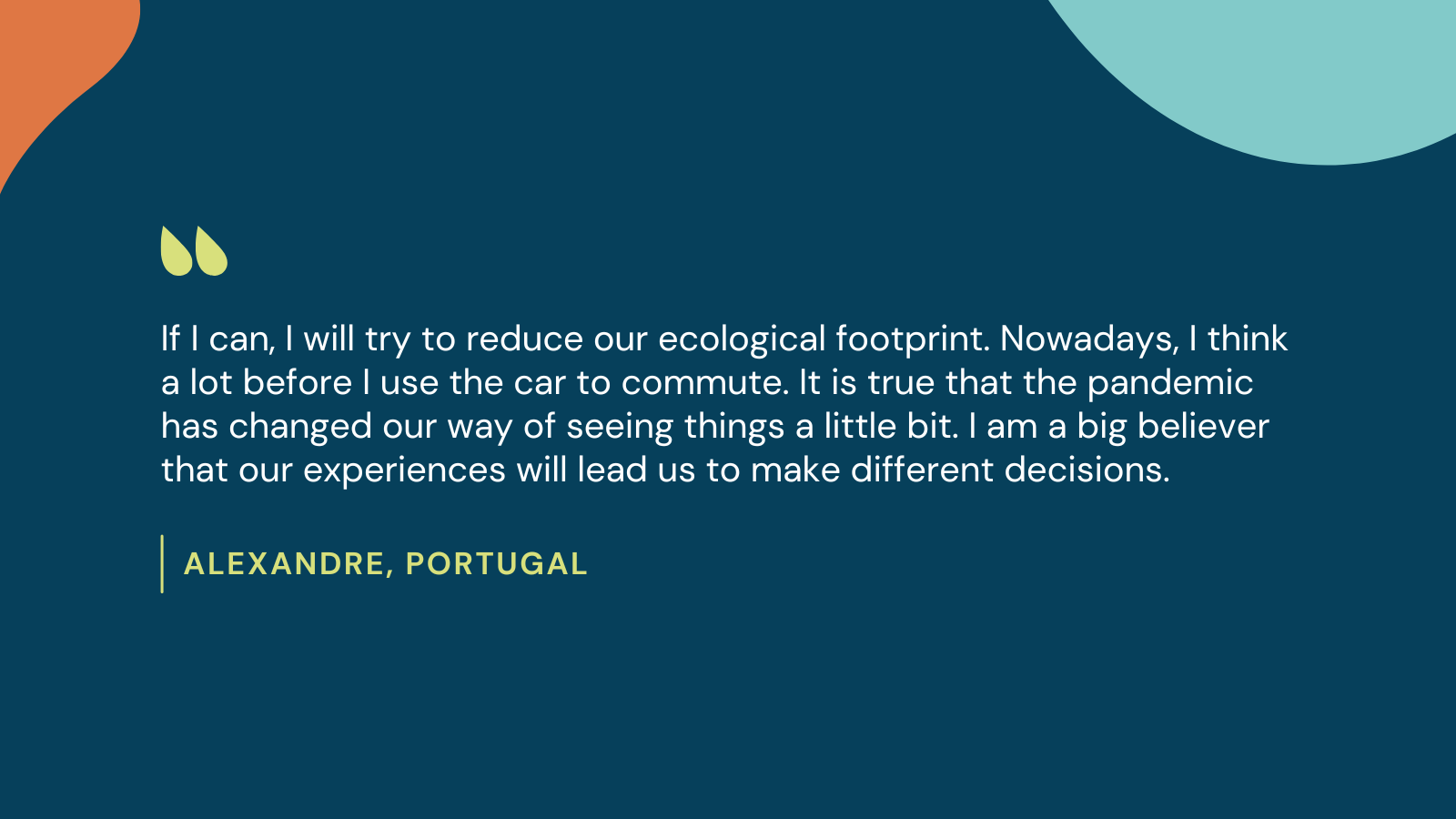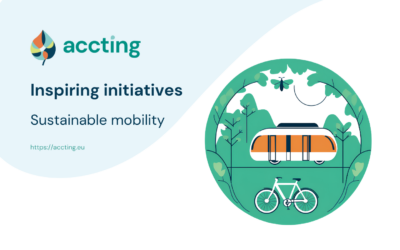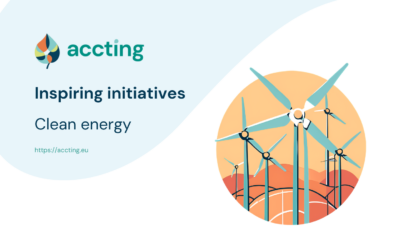The impact of climate change and the capacity to mitigate its negative impacts are unevenly distributed across and within societies; it is the poorer, marginalised and vulnerable groups who are the most acutely affected. ACCTING has collected 358 narratives via individual interviews in 13 European countries to capture some of the experiences of those vulnerable groups. These narratives on inequalities in enablers and hindrances for advancing behavioural change span eight thematic research lines – each addressing an EU Green Deal policy area. Read our dataset including all 358 narratives collected.
Economic struggles as an inhibiting factor for access to sustainable food
“I am a 22 year old woman, I live in Thessaloniki Greece with my family, and I am a student. I enjoy going to the supermarket to see what’s new and available so I am the one that goes to shop in the supermarket. However I also go to the food market which I believe is more accessible due to their lower prices compared to the supermarket. I also prefer the food market because I support local micro enterprises which is very important. I was very focused on Asian cuisine as they have many vegetables with many different ways. My main obstacle to food is that I am lactose intolerant so I can’t eat any milk based food but I get a pill and eat some anyway because I can’t completely cut of all milk based products. I also had gastritis due to anxiety and I could not really eat many of the foods available.
“If I want to support a sustainable diet which is good for me, good for the planet and is something I believe in, I won’t be able to do it due to the very high prices that inhibit access to this type of food”
Another obstacle to access is the economic issue. So some of the basic food like pita giro (greek sandwich ) is almost 5 euros. So if fast food is so expensive then what will happen with organic food prices that are actually good for you? This is something I am worried about. Especially if I want to support a sustainable diet which is good for me, good for the planet and is something I believe in, I won’t be able to do it due to the very high prices that inhibit my access to this type of food. I do engage in sustainable eating in about 30% of my diet but due to the high prices I cannot support a full diet of sustainable food. If these prices continue to rise like this, I am thinking that in 5 years I won’t be able to buy anything organic. My parents didn’t want to buy for instance organic rice but I persuaded them to do so since I told them its better for you, so I was buying organic rise, organic fruits, or spaghetti from carrots so I liked to find new ways of accessing new food. Another positive thing was that the women in my family and my brother – my father does not really support changes in eating habits- but my mother and sister were positive in trying new things, for instance spaghetti made out of carrots. The social environment plays a very big role in this because if I was living alone it would be fine I would buy this type of food and eat it alone, but now I live with three more people so the type of food you buy needs to be accepted by everyone because it is costly and needs to be consumed. So it was important that my parents would also contribute economically to buying organic food because if I was alone I would not be able to afford it. Then I was out of a job for a while so I could not live the life that I wanted. I would go organic two weeks per month but now (with the prices) I soon won’t be able to do one week of organic food.
Regarding cooking at home I am mainly the one that does the cooking as my mother rarely cooks as she is working. On the days where the family would eat meat I would do the cooking, I would not mind cooking meat but I didn’t want to eat it so I would have to cook a side meal. I could not eat only rice for the rest of the day so I had to come up with something with more vitamins, so I would buy something organic like tofu or tempe that I would get and I would eat it myself. I tried to persuade my family to eat some of that food and my mother and sister did go into the process of trying to eat more organic food. We also do not throw food but we use tapers to place food from previous days in. A while back we would throw it away and I told my family we should not. Near our neighbourhood we have some homeless people so I though of giving some of the leftovers to them as we cook for a family so we end up with large quantities of food. When I was living alone for a while with a roommate we only had organic food and vegetables in the fridge so it was a great time regarding access to sustainable food. I opened the fridge and I had everything I wanted. It was a time where both me and my roommate had jobs so we could afford organic food and it was during the lockdown so instead of spending money to go out we would spend it on food.
In order to find access while I walk I look around to find restaurants that serve vegan or organic food. I also look at Instagram to find relevant places where I can eat – today this is how you search for information. What also helped with access is that when I started eating organic it was around the time when organic food shops were opening in Greece so that was really helpful. I am often jealous of the previous generations that did not have these chemicals in their foods. For instance my grandmother slices a tomato and she smells it and then she gives this to me to smell and you could actually smell the tomato. But I feel lucky that I have access to organic food now because a while ago you could not find this type of food in Greece.
So there is access to organic food, however the biggest issue with that is the money since it is expensive. When I go to the supermarket I am very focused on what to get. I know what products I will buy that will be organic, or when I get out I will say to myself today’s expense will be to eat an organic salad. So it’s about organising your expenses and knowing what to get.”

